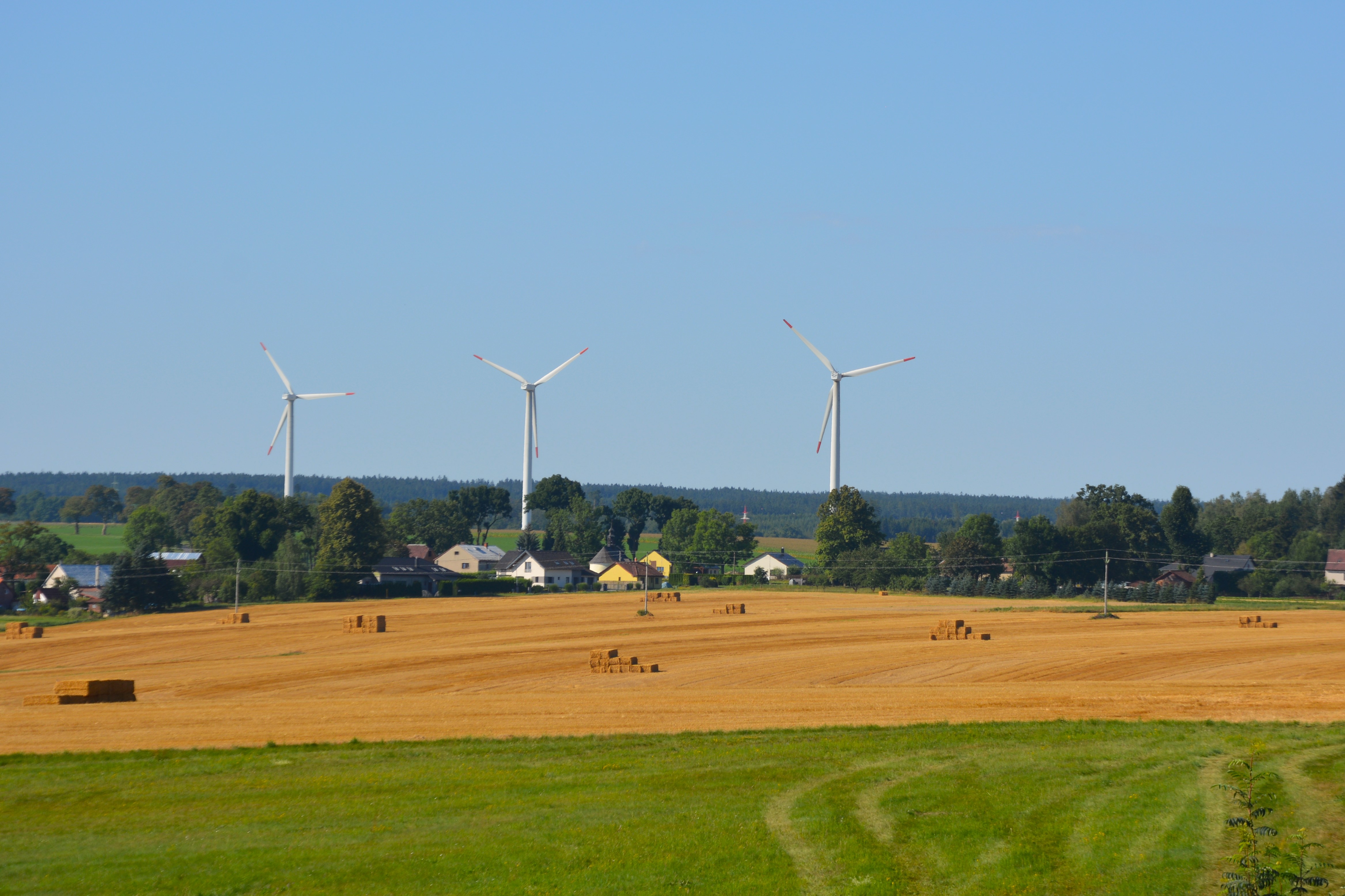The plan has faced public criticism due to concerns about possible radiation hazards, the Soviet nuclear testing legacy, and fears that Russia will be involved in the project. But almost 64% of registered voters cast their ballots, the Central Election Commission told media outlets, making the vote valid.
The Commission will announce preliminary results on Monday but an exit poll of about 284,000 voters reported on by Reuters showed 69.8% of them voted in favor of the plan, local pollster SOCIS-A said hours after the vote ended.
“I had no doubts about the outcome of the referendum,” said Bellona’s Alexander Niktin. “Kazakhstan approached the matter very wisely. Before the referendum they held public hearings, prepared everything, etc. This is very different from how things have always been done in Russia and how they continue to be done there.”
Despite Kazakhstan’s sizeable natural gas reserves, the Central Asian nation of 20 million relies mostly on coal-powered plants for its electricity, supplemented by some hydroelectric plants and a growing renewable energy sector.
The nation also imports electricity, mostly from Russia, as its facilities — many of which are from the Soviet era — struggle to meet domestic demand.
The government says a reliable energy supply is needed to supplement renewable sources like solar and wind power, and, since Kazakhstan is one of the world’s biggest uranium producers, nuclear power is a logical choice.
“In order not to remain on the sidelines of global progress, we must use our competitive advantages,” Tokayev said ahead of the vote, as quoted by various media outlets.
The former Soviet republic, however, does not enrich uranium to the point where it can be used as fuel. Tokayev’s cabinet estimates that a nuclear power plant would cost $10 billion-$12 billion to build and expects contractors to secure the financing.
Nonetheless, even Tokayev’s first deputy prime minister, Roman Sklyar, has taken issue with these figures, telling the Kursiv news outlet that the nuclear station’s final price would likely be closer to $15 billion.
Kazakhstan was part of the Soviet Union in 1986 when the Chernobyl nuclear disaster occurred, and tens of thousands of Kazakhs took part in the subsequent clean-up operation that left many with lifelong health issues.
Nuclear weapons testing made large swaths of land in Kazakhstan’s northeastern Semei region uninhabitable, devastating the local environment and affecting the health of nearby residents. In total, 456 tests were carried out between 1949 and 1989 at the Semipalatinsk test site. It was officially closed in August 1991.
There are also concerns that Russia’s state atomic agency, Rosatom, could be invited to take part in the plant’s construction at a time when an increasing number of Kazakhs wish to distance themselves from Moscow’s influence. Rosatom had previously been named by the government as one of four companies whose reactors could be used for the plant, as well as companies from China, South Korea and France.
Tokayev — who has attempted to maintain a delicate balance between Moscow and the West following sanctions against Russia— has tried to allay such fears by suggesting that the plant could be built by a multinational team.
“The government must analyze and negotiate,” he told reporters after casting his vote in the Kazakh capital of Astana Sunday. “But my personal vision is that an international consortium of companies with the most advanced technology possible should work together in Kazakhstan.”
Bellona’s Nikitin said a consortium would most likely be the way Kazakhstan would proceed, and said the shortlist of likely participants would most likely include South Korea, China — and, yes, Russia.
“Rosatom is very eager, but now only a madman would agree to start building something with the Russians — especially a nuclear power plant, as it would mean becoming dependent on Moscow for life,” Nikitin noted.
A consortium might face coordination challenges, said Nikitin. “But the biggest advantage is the political and economic stability of the project, which is very important these days,” he said.
The post Kazakhstan votes to build a nuclear plant, despite bitter history of Soviet weapons testing appeared first on Bellona.org.

 2 months ago
44
2 months ago
44


